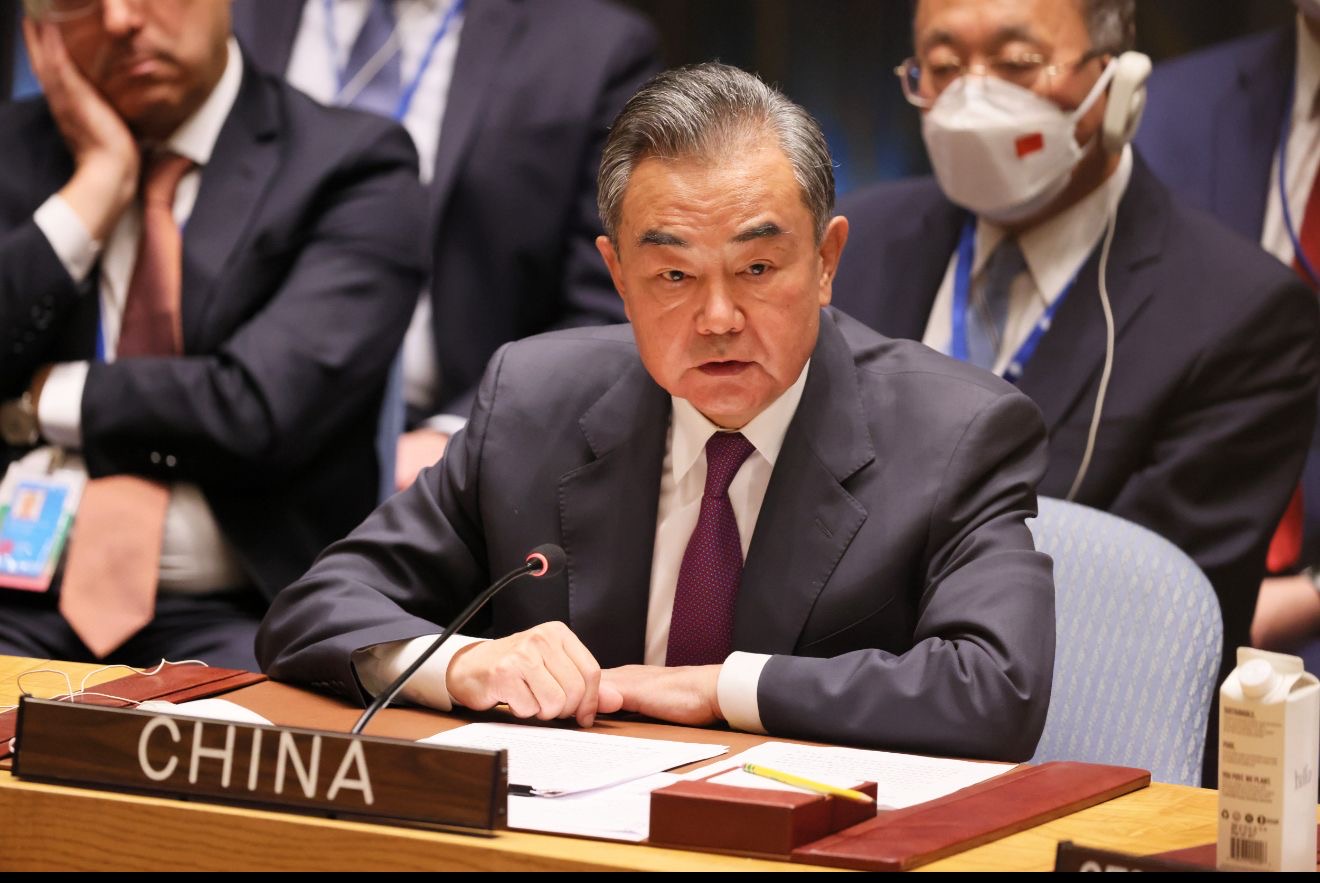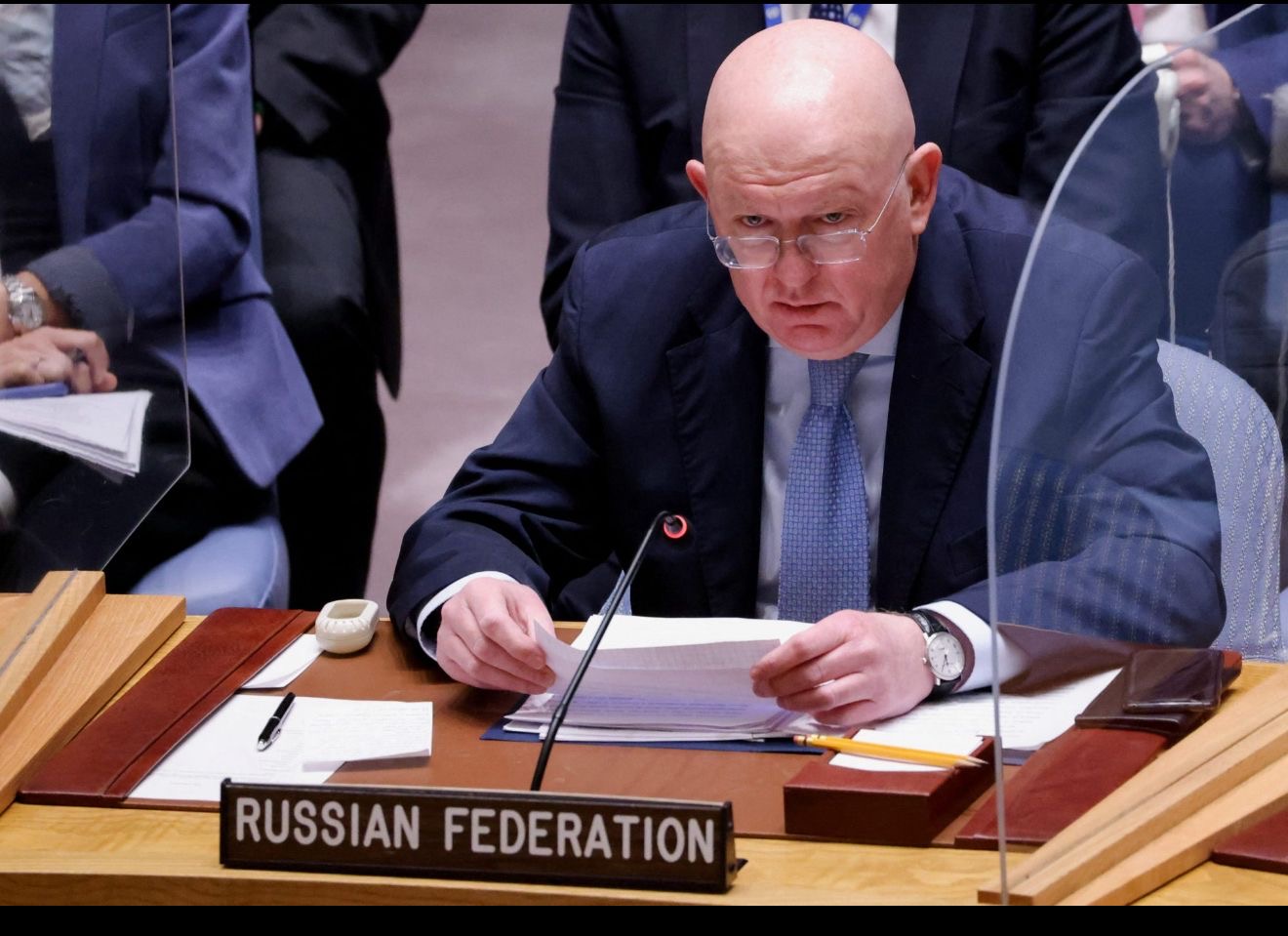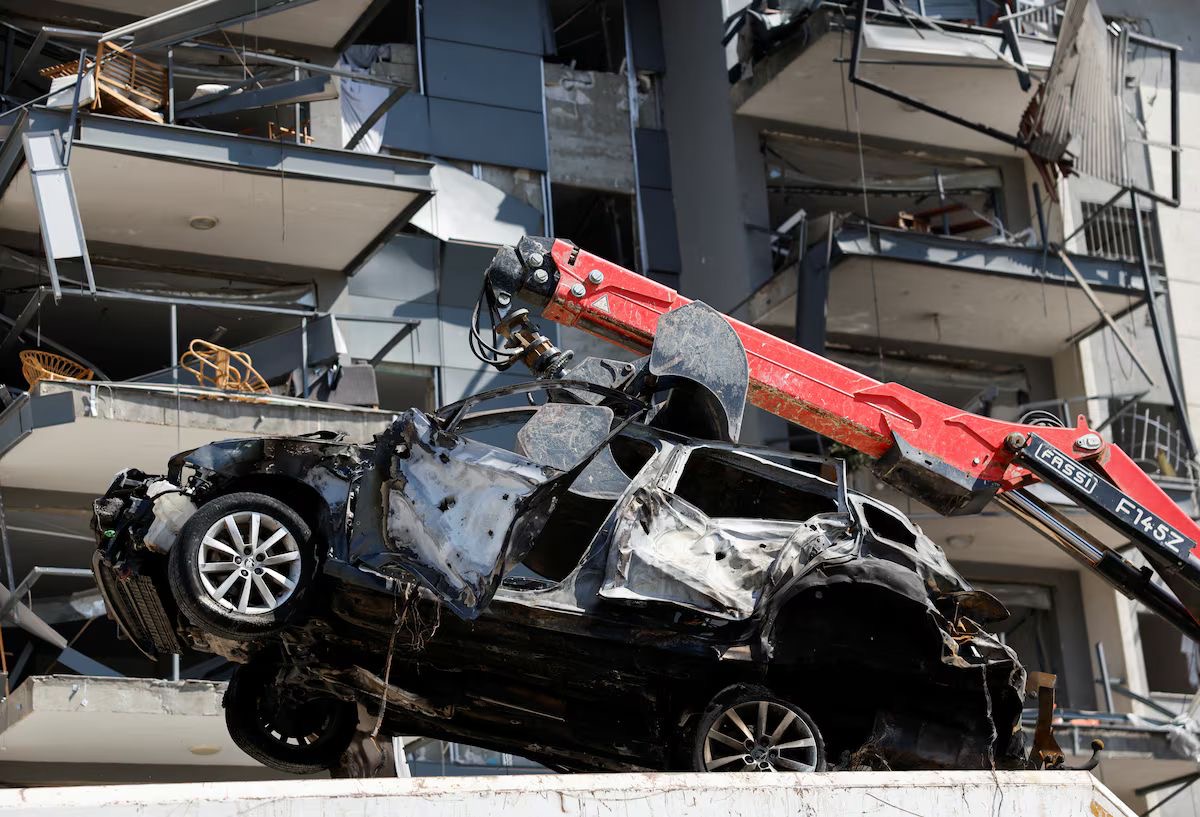 China and Russia responded to the recent U.S. strikes on Iranian nuclear sites with a combination of firm diplomatic protests and stark warnings aimed at preventing the conflict from spiraling into a wider regional war. Their reactions, while forceful, have remained within the realm of rhetoric and diplomacy—no indication yet of troop deployments or military involvement beyond verbal condemnation and calls for restraint. North Korea, so far, has remained silent or limited its messaging to rhetorical support, without signs of practical engagement.
China and Russia responded to the recent U.S. strikes on Iranian nuclear sites with a combination of firm diplomatic protests and stark warnings aimed at preventing the conflict from spiraling into a wider regional war. Their reactions, while forceful, have remained within the realm of rhetoric and diplomacy—no indication yet of troop deployments or military involvement beyond verbal condemnation and calls for restraint. North Korea, so far, has remained silent or limited its messaging to rhetorical support, without signs of practical engagement.
In Beijing, the strike drew swift rebuke, with state media and official voices condemning the action as an echo of past invasions—most notably the 2003 U.S. incursion into Iraq. China’s Ambassador to the UN, Fu Cong, publicly criticized the strikes as violations of international norms, urging restraint and a return to dialogue  . President Xi Jinping, in calls with Vladimir Putin, aligned with Russia in denouncing Israel’s earlier raid on Iran—framing both actions as dangerous escalations of military violence . Behind the scenes, Beijing is warning its citizens to exercise caution in both Israel and Iran and using diplomatic channels to press for de-escalation. Analysts view this posture as part of China’s attempt to manage regional instability while protecting its $400 billion trade ties with Iran and safeguarding energy routes through the Strait of Hormuz .
 Meanwhile, Moscow’s response mixed caution with pointed criticism. Kremlin spokesperson Dmitry Peskov described the region as “plunging into an abyss of instability and war” and warned that any U.S. use of tactical nuclear weapons could have “catastrophic” global consequences . Russia’s deputy foreign minister, Sergei Ryabkov, also urged Washington to refrain from direct military engagement with Iran, cautioning this would “radically destabilize the Middle East” . President Putin went further, offering Moscow as a mediator between Israel and Iran while emphasizing that independent intelligence, including from Russia and the IAEA, found no evidence of Iran pursuing nuclear weapons . The diplomatic note emphasized Russia’s intent: to shape the narrative, project influence, and claim the role of responsible power broker rather than escalate militarily.
Meanwhile, Moscow’s response mixed caution with pointed criticism. Kremlin spokesperson Dmitry Peskov described the region as “plunging into an abyss of instability and war” and warned that any U.S. use of tactical nuclear weapons could have “catastrophic” global consequences . Russia’s deputy foreign minister, Sergei Ryabkov, also urged Washington to refrain from direct military engagement with Iran, cautioning this would “radically destabilize the Middle East” . President Putin went further, offering Moscow as a mediator between Israel and Iran while emphasizing that independent intelligence, including from Russia and the IAEA, found no evidence of Iran pursuing nuclear weapons . The diplomatic note emphasized Russia’s intent: to shape the narrative, project influence, and claim the role of responsible power broker rather than escalate militarily.
North Korea, historically aligned with Iran and Russia, has stayed conspicuously quiet in official channels. While its state media often echoes anti-Western rhetoric, there have been no concrete threats, announcements of aid, or troop movement tied to this crisis. At present, Pyongyang’s posture appears to be limited to rhetorical support, part of its broader alignment with the so-called “Axis of Upheaval”—a fluid alignment of China, Russia, Iran, and North Korea united against U.S. hegemony . But for now, that axis remains diplomatic, not military. Analysts told the Atlantic Council that Beijing and Moscow are likely amplifying U.S. weaknesses as part of a strategic campaign—even as they carefully avoid overt military confrontation .
Despite strong rhetoric, none of these powers—China, Russia, or North Korea—has moved troops, transferred arms, or directly supported Iran militarily in this crisis. Their actions amount to pointed diplomacy, public warnings, and symbolic solidarity rather than battlefield engagement. Behind closed doors, China and Russia are pushing for a ceasefire, leveraging international institutions like the UN to block further escalations. They continue to offer to mediate with Israel and Iran, though cooperation from Washington or Tel Aviv has not yet materialized.
What Comes Next
The coming days will likely see a flurry of urgent diplomacy. Beijing and Moscow will leverage their UN Security Council presence to back resolutions or statements condemning the strikes. Russia may further publicize its intelligence assessments to challenge U.S. justifications. China will continue urging calm while quietly strengthening economic communications—maybe persuaded to consider a diplomatic corridor with Tehran.
 Should Israel push ahead with Stage Two—targeting deeper nuclear infrastructure or doubling down on regional strikes—diplomatic pressure from China and Russia will intensify. Iran could reciprocate through proxy engagements, prompting a broader proxy confrontation involving Hezbollah in Lebanon or Houthi intercepts in the Red Sea. North Korea may issue stronger rhetorical statements in support, but a shift to tangible military collaboration would mark a significant geopolitical escalation.
Should Israel push ahead with Stage Two—targeting deeper nuclear infrastructure or doubling down on regional strikes—diplomatic pressure from China and Russia will intensify. Iran could reciprocate through proxy engagements, prompting a broader proxy confrontation involving Hezbollah in Lebanon or Houthi intercepts in the Red Sea. North Korea may issue stronger rhetorical statements in support, but a shift to tangible military collaboration would mark a significant geopolitical escalation.
For now, global observers have entered a waiting game. China and Russia have staked out a defensive, diplomatic line—conveying their disapproval and offering mediation—but remain on the sidelines of active military engagement. Their responses are calibrated, aimed at shaping international opinion and preserving regional stability, not expanding the battlefield. Whether this posture holds—or cracks under mounting pressure—will depend on decisions made in capitals from Washington to Beijing, Moscow to Tel Aviv.
By Olujide Stephen Adesinana
For 1st Afrika News
www.1stafrika
June 22, 2025

